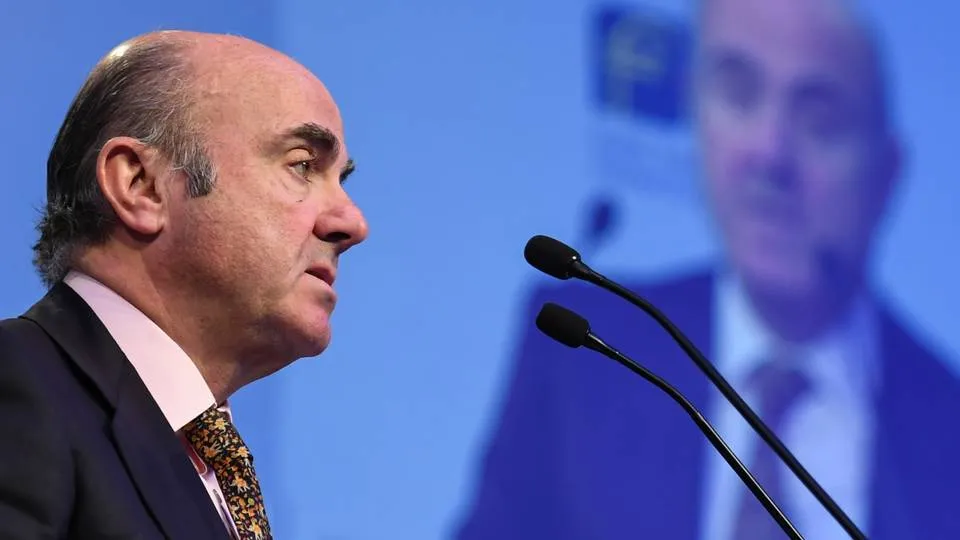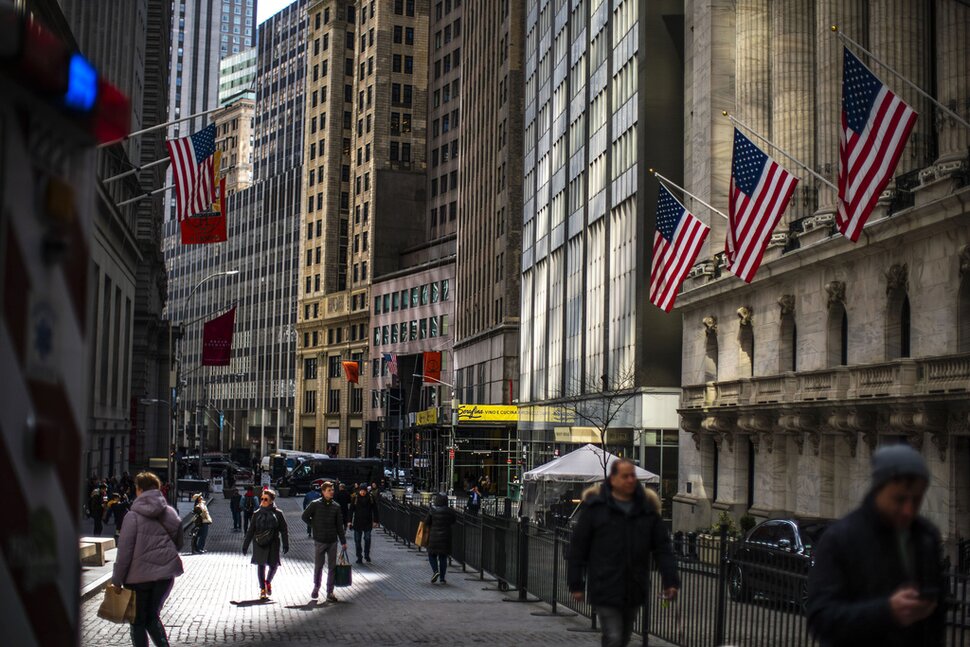Europe’s macroeconomic outlook is brighter — but markets may be underestimating the potential for sudden destabilization due to geopolitics, the vice-president of the European Central Bank said Thursday.
“We are talking about the electoral cycle that is going to take place not only in the U.S. but also in Europe. And simultaneously, we are referring to geopolitical risks. I think that you know, markets sometimes are underestimating the potential impact of geopolitical risks that are there,” Luis de Guindos told CNBC’s Annette Weisbach.
Markets are good at calibrating financial and economic risks but struggle to incorporate the separate dimension of geopolitical risk which is often viewed as an all-or-nothing binary, he said.
Stock markets in Europe and the U.S. have soared to record highs this year, brushing past the impact of ongoing wars in the Middle East and Ukraine and a host of coming elections in which half the world’s adult population will head to the polls.
The ECB on Thursday released its latest Financial Stability Report, which stated that euro area financial stability has improved due to a better economic outlook and falling inflation.
Rising geopolitical risks present “considerable downside risks,” the ECB warned in the report. Risks remain “high” on a historical basis, it added, given factors such as rising debt service costs, signs of banking profits peaking, and the ongoing downturn in commercial real estate.
The report attributes the rally in financial markets to analyst expectations of interest rate cuts from major central banks this year.
“Growing signs of pricing-for-perfection [are] creating the potential for outsized market reactions to disappointments,” the report said.
De Guindos said the ECB did not factor in any concrete outcomes when it comes to the results of the elections, but that overall they posed the possibility of additional fragmentation in the global economy.
The ECB vice-president noted an increase in tariffs and the implementation of protectionist measures from some countries. “This is going to give rise to fragmentation in terms of trade, in terms of growth, and that will reduce the potential growth of the global economy,” he said. “That comes on top of the risk factors from Ukraine and the Middle East.”
An abrupt market correction poses a “potential vulnerability,” De Guindos warned. “That is a risk that we have to take into consideration when looking forward.”
“And that’s the element that you cannot ignore, you cannot overlook this potential impact that could affect risk aversion, risk attraction, commodity prices, growth, overall growth in the global economy.”




